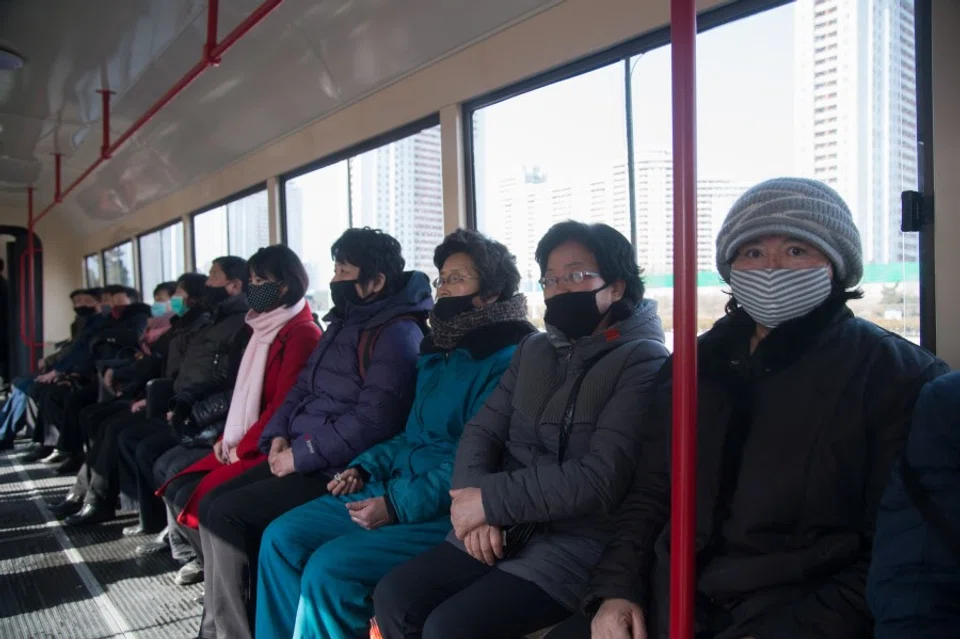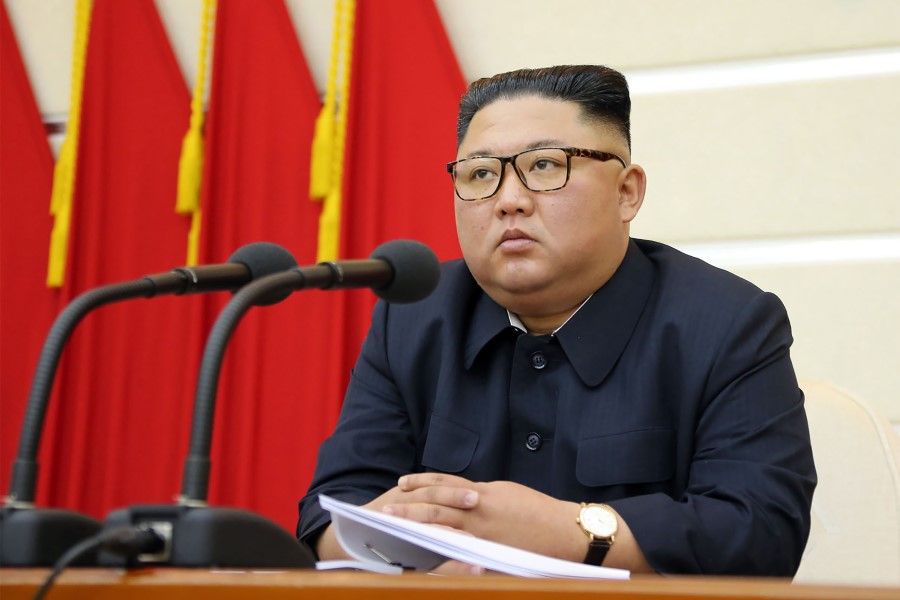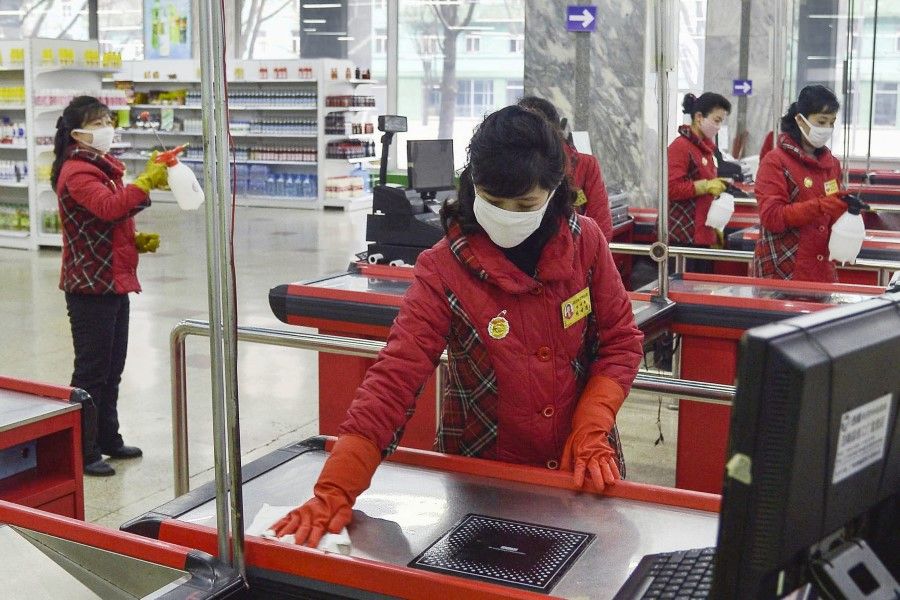North Korea demonstrating superiority of regime through epidemic control

On 24 February, North Korea announced that it had quarantined at least 380 foreigners while insisting that it was completely free of the coronavirus. North Korea, which shares a 1,300-kilometre border with China, where the virus originated, is adding to the sense of crisis by going as far as describing these epidemic prevention efforts as a fight for its "national survival". North Korea conducts almost 90% of its trade with China and, in border cities such as Rason, transactions in Chinese RMB are the norm.
North Korea put in place a ban on the entry of foreign tourists on 22 January, which can be described as a markedly quick response compared to other neighbouring countries. Similar measures were also taken at the time of the SARS outbreak in 2003, the Ebola outbreak in 2014, and the MERS outbreak in 2015. However, this time, the restrictions are even stricter.
With all international trains and air routes shut down, North Korea is, to all intents and purposes, in a state of lockdown, albeit temporarily.
The North Korean media has been reporting on the spread of Covid-19 and the countermeasures implemented in China and neighbouring countries every day since late January. Its reporting is surprisingly objective, with World Health Organisation announcements being conveyed verbatim. North Korea has stressed that it had no choice but to take pre-emptive action and completely block off and close all land, sea and air routes through which the novel coronavirus could enter the country. It has issued orders not only to strengthen border quarantine measures and keep locals returning home from business trips overseas under medical supervision, but also to restrict business trips and travel to border regions and to completely cut off any contact with foreigners. With all international trains and air routes shut down, North Korea is, to all intents and purposes, in a state of lockdown, albeit temporarily.
If the novel coronavirus were to spread in North Korea, a country plagued by chronic food woes as well as shortages of drugs, this would definitely deal a major blow to the economy.

Given the deadlock in US-North Korea relations and the unlikelihood of any easing of economic sanctions, North Korea has been calling for economic development through self-reliance and self-sufficiency. At a plenary session of the Communist Party's Central Committee held at the end of last year, Chairman Kim Jong-un frankly admitted the challenges facing the country, referring to many economic hardships and recognising that a favourable external environment was urgently needed for economic development. If the novel coronavirus were to spread in North Korea, a country plagued by chronic food woes as well as shortages of drugs, this would definitely deal a major blow to the economy.
... the number of Chinese tourists, which had grown to 300,000 a year, is now zero.
At a time when the Yangdok spa resort had only just opened with great fanfare at the end of last year, the number of Chinese tourists, which had grown to 300,000 a year, is now zero. North Korea has also called off the Pyongyang Marathon scheduled for April. Tourism projects are not subject to economic sanctions imposed by the UN Security Council and provide a "legal" means for North Korea to get hold of foreign currency. Given that the winter is the off season anyway, the damage done to tourism projects so far is limited.
If anything, the main worry is significantly rising prices in North Korea. If imports of food and other necessities from China dry up, the North Korean people will inevitably be hit directly.

In terms of cooperation on epidemic prevention, in September 2018, South Korean President Moon Jae-in, who met with Chairman Kim Jong-un in Pyongyang, pledged to strengthen cooperation in the areas of epidemic prevention, public health and medical care, especially urgent measures to prevent the spread of infectious diseases. However, with deterioration in relations between the north and south, there has been no new movement on this front.
The fact that North Korea uses its speedy decision-making and power of execution as an opportunity to demonstrate the superiority and might of its regime to the rest of the world is indeed very North Korean.
This year, commemorative events to mark the birthday of Kim Jong-il were not even held. In North Korea, which demands absolute loyalty to the Kim family, this is extremely unusual. Media coverage of Chairman Kim Jong-un has also decreased dramatically, and this can also be seen as part of the epidemic prevention efforts.
While North Korea harbours a strong sense of crisis about the virus, its thorough epidemic prevention efforts are also part of crucial political efforts to glorify North Korean-style socialism. The fact that North Korea uses its speedy decision-making and power of execution as an opportunity to demonstrate the superiority and might of its regime to the rest of the world is indeed very North Korean.
Related reading: [Outlook 2020] East Asian security in 2020: New year, old challenges
